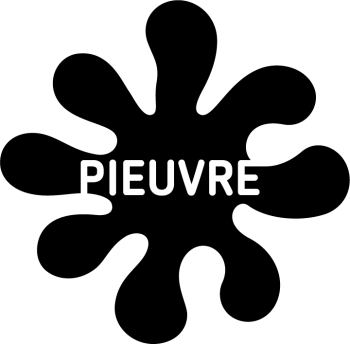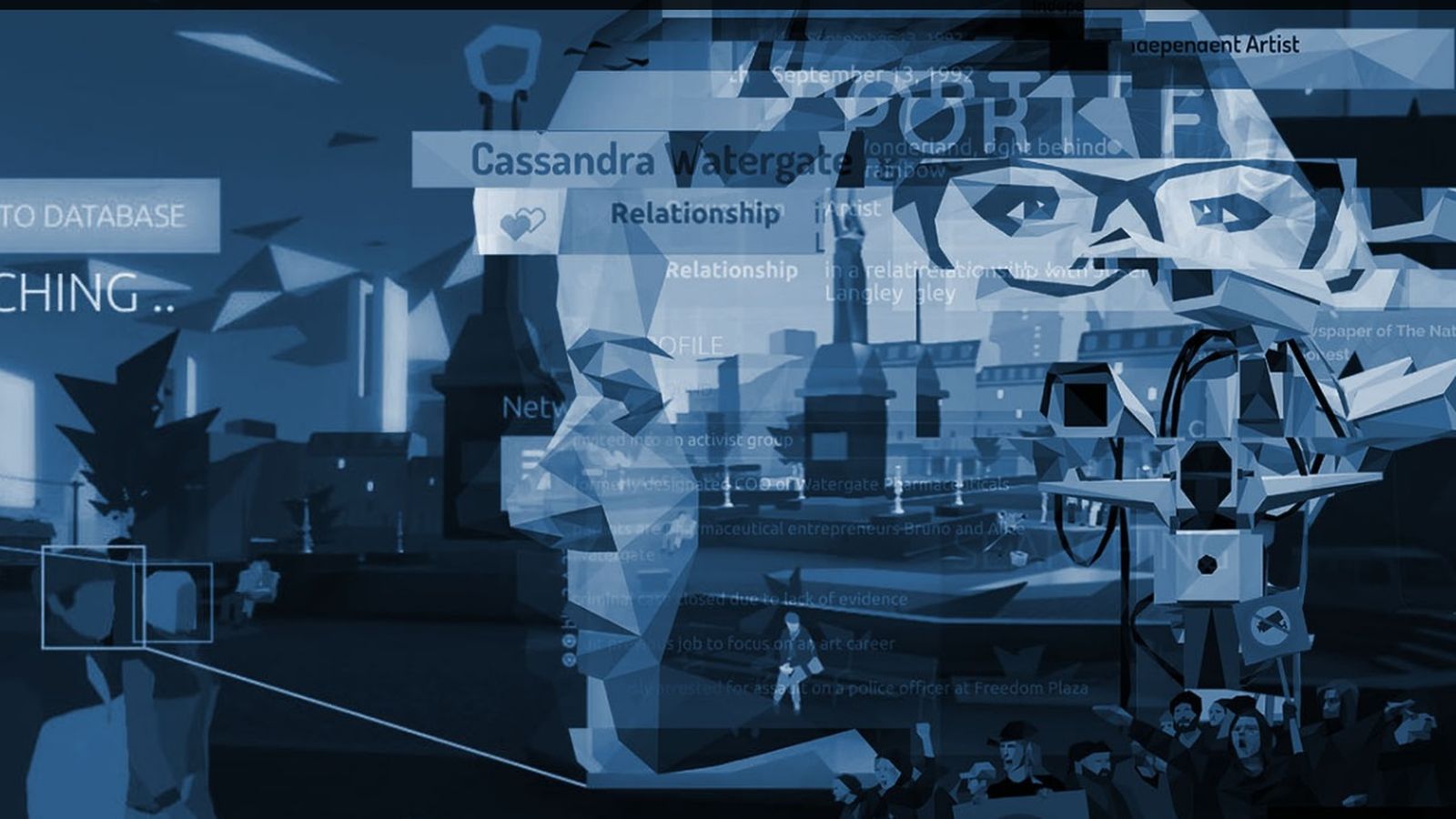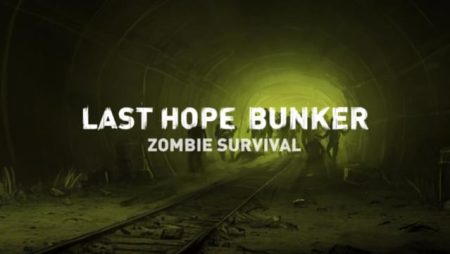It’s been a wild ride: following the very last moments of the fifth and ultimate episode of Orwell, some time is necessary to catch our breath. And for the people at Osmotic, the team behind the game, the experience was thrilling… and exhausting.
Ensuring the safety of The Nation. A simple task, and also a complicated one. If the first three episodes of the ‘surveillance simulator’ gaves us the opportunity to familiarize ourselves with Orwell, a computer program used to monitor communications between ‘interesting’ people, slowly building up proof against certain individuals, the last two up the ante quite a bit. People die. Others disappear, never to be seen or heard again. In fact, not only do they disappear, but they’re also considered a ‘non-person’. And as the american president-elect Donald Trump is picking demagogues and right-wing politicians to form his cabinet, while the british governement just passed a law forcing internet service providers to monitor and store UK citizens’ browsing histories, the idea of a ‘real’ Orwell is chilling.
Of course, it’s impossible to escape comparison with 1984, the book by George Orwell depicting a society where everybody is always under surveillance. Is the game supposed to be that ‘on the nose’? Or is it more a statement against today’s society?
‘It is both’, says Mel Taylor from Osmotic. ‘We really liked the fact that everyone would immediately have an association with the name Orwell that would probably have something to do with surveillance or even mass manipulation (which is more in line with the actual meaning of the word ‘orwellian’). So we thought this would be a good way of getting people to make assumptions just by the title. If you take a closer look at the game, the first surprise is then that you are not being surveilled like in George Orwell’s masterpiece, but actually take on the role of a modern « big brother » yourself. From there, it is much easier to pick up a storyline, since everyone has pictures in their head simply by hearing this short, illustrious name’, he adds during an interview with Pieuvre.ca conducted by email.
As for the timing of the game, it couldn’t be more perfect. Unfortunately. State-sponsored surveillance, terrorism, populism in North America, Europe and elsewhere… Videogamers, ironically, seemed to want to escape current day affairs by playing a game eeringly similar to what already exists in the news and on the Web.
‘The feedback so far has been amazing. We are very happy that gamers and journalists are enjoying Orwell so much. One of the best things we heard from players so far, is that it has really got people thinking about surveillance, privacy and online data and also that they have really formed an emotional bond with the characters. One of our main goals as a studio is to evoke emotions that go beyond ‘fun’ and that we want to challenge players to reflect upon the world around them. If we have achieved this through Orwell, even if it is for only a few players, then this is a great achievement for us’, says Taylor.
‘It is true that some things you do in Orwell are indeed very close to reality. Even though the story, characters and setting are completely fictional, we wanted it to be close to what we all continuously encounter in our everyday lives. We wanted the player to be able to identify with the core gameplay. And actually think about what it is like to be able to investigate people and on the other hand, what consequences it may have if people intended to use one’s own data this way. It is definitely a worrying subject and something perhaps, we should all worry more about.’
Is Osmotic already working on a sequel? On the contrary, says Taylor, for whom it’s more important to add something if it ‘benefits the story’ than to capitalize on the game’s success for money’s sake.
As for the game itself, the ending feels a little bit abrupt. A new game mechanic is introduced in the fifth (and last episode), and said mechanic feels tacked on, which leads to a certain disconnection between the game and the ‘anonymous bureaucrat’, i.e. the player. And when you finally get to the end, going too fast and uploading a really controversial information piece to Orwell triggers the end of the game, and it doesn’t seem to possible to go back and select another ‘branch’ of the story without starting over.
So, as a game, maybe Orwell needed a little more polish. A little more work to make sure that the ending ties itself more efficiently to the rest of the story. However, as a product of its era, as a warning about things to come, Orwell does a fantastic job to prove that it’s quite easy to become ensnared in the idea that it’s sometimes necessary to adopt drastic measures to ensure the safety of a country. Even if it means to spy on ordinary citizens. After all, if they’ve done nothing wrong, they have nothing to hide, no?






